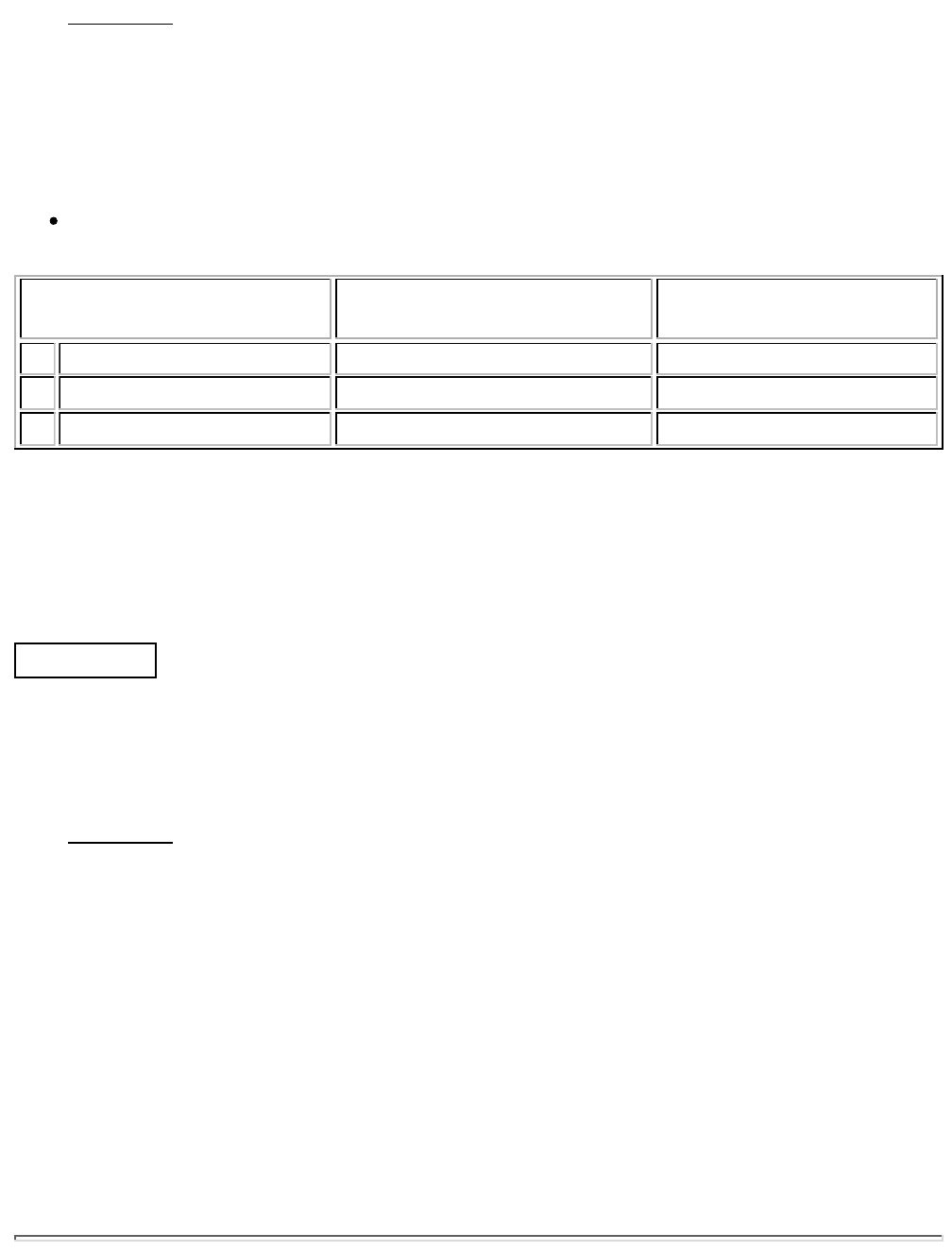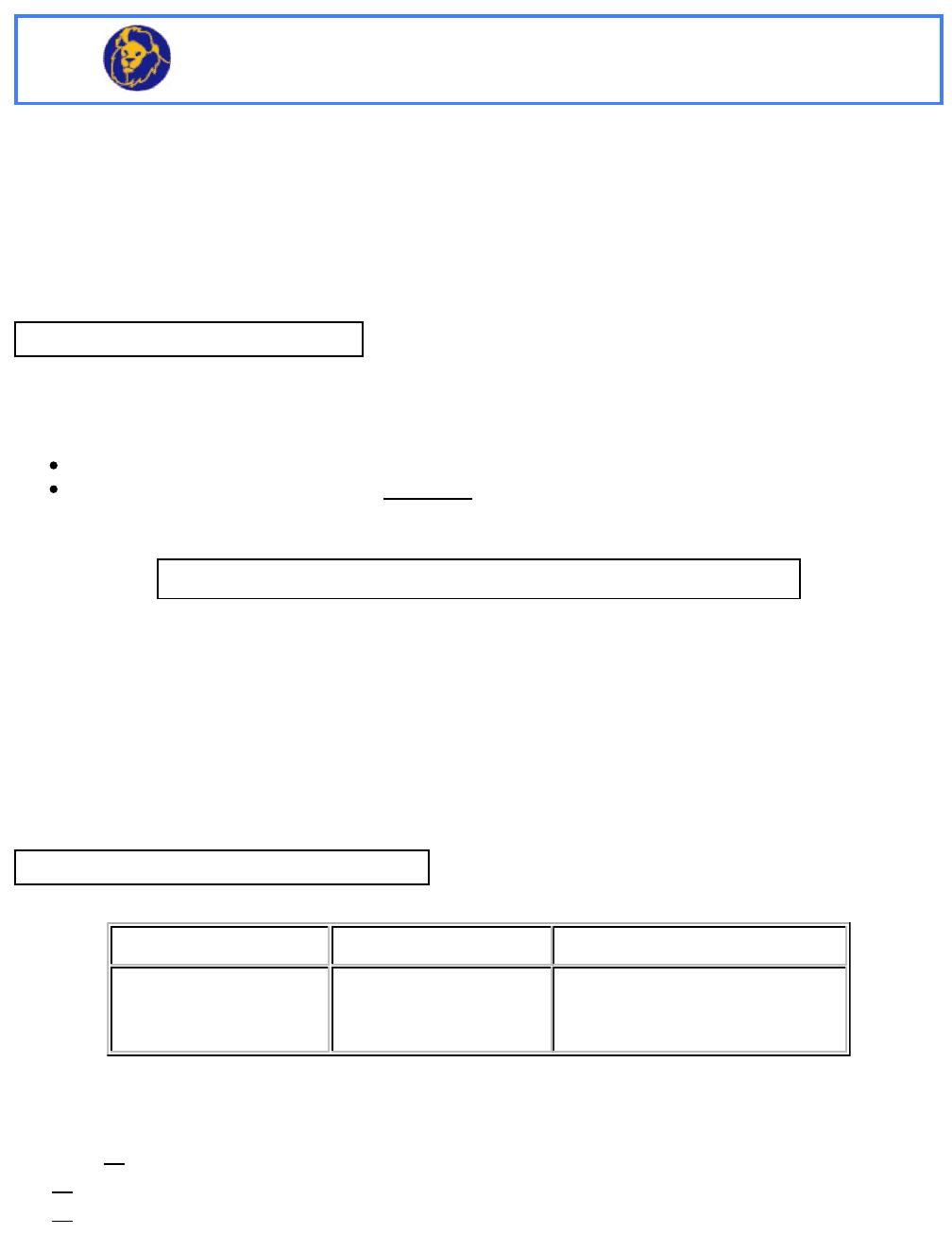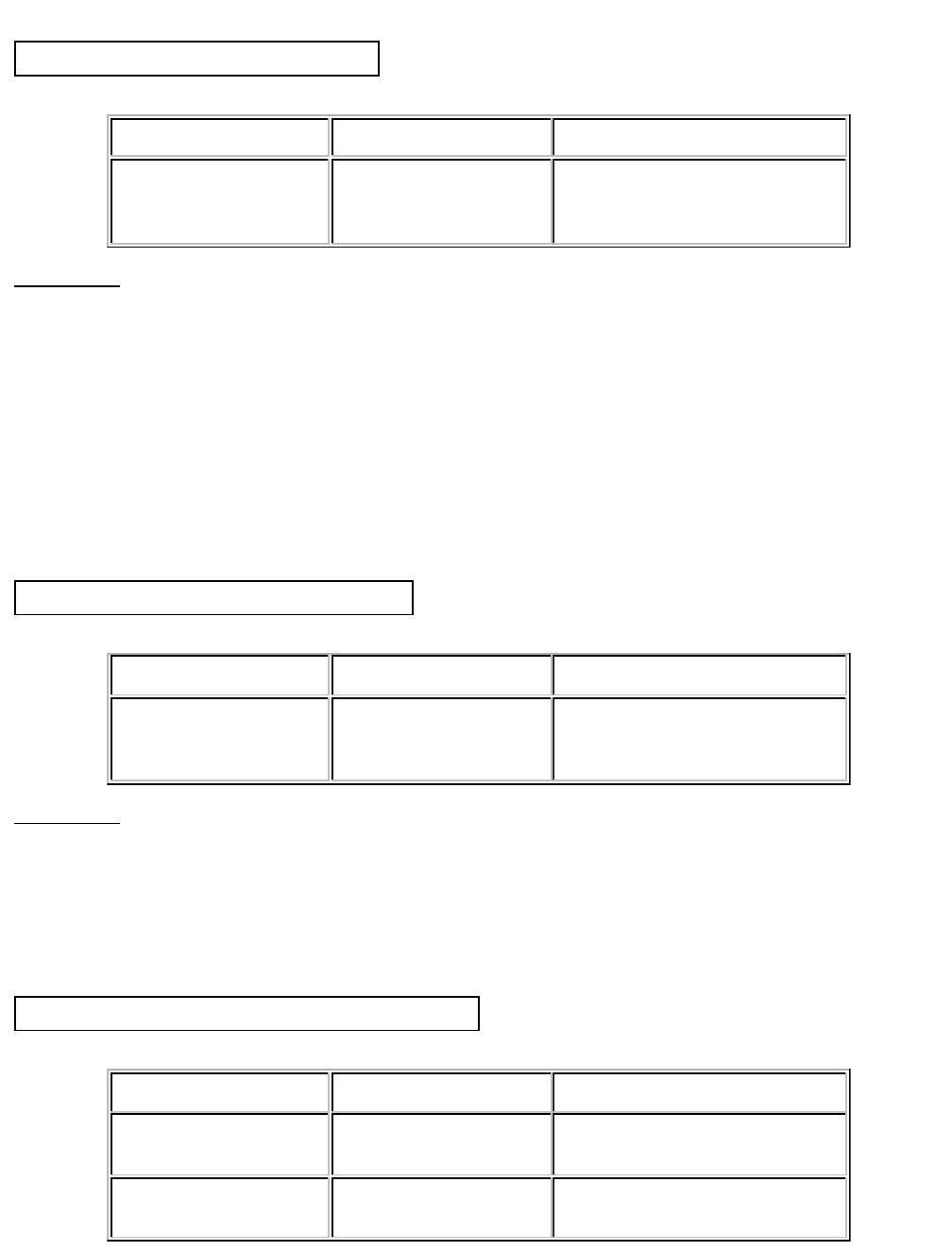Mwanasimba - Учебник языка суахили на английском языке
Подождите немного. Документ загружается.


Chapter 54 - Auxiliary Verbs
Apart from the verb KUWA (= to be) which is employed in the formation of compound tenses, a certain number of
Swahili verbs can be used as auxiliaries in front of a second verb which is generally, although not exclusively,
conjugated in the infinitive. These verbs employed as auxiliaries add a precision on the way the action takes place.
1. KWISHA :
The auxiliary KWISHA (= to end, to finish) shows that an action has already taken place. That is why this auxiliary is
usually conjugated in the Past Perfect tense.
In the affirmative, the verbal construction with KWISHA has undergone a significant evolution, since beginning
from two distinct verbal elements, we have arrived today at a unique contracted verbal form where the particle
-SHA- simply reinforces the tense marker -ME- of the Past Perfect.
EXAMPLE :
2 distinct verbs : Nimekwisha kupata chumba. I have already got a room.
The 2nd verb drops its KU- : Nimekwisha pata chumba. I have already got a room.
The 2 verbs fuse together : Nimeshapata chumba. I have already got a room.
In the negative form, we simply use the Past Perfect negative :
EXAMPLE :
Sijapata chumba or : Sijapata chumba bado I haven't got a room yet.
In a relative clause, the tense marker -MESHA- can be kept thanks to the use of the independant relative
pronoun. Alternatively, we can use KWISHA + Verb radical in the Simple Past relative :
EXAMPLE :
Relative pronoun : Mimi ambaye nimeshapata
chumba.
I who have already got a room.
Simple Past relative : Mimi niliyekwisha pata chumba. I who have already got a room.
KWISHA can also be used in the -KI- tense and then means "when" or "if" :
EXAMPLE :
Nikiisha pata chumba, nitaanza safari yangu When I have got a room, I'll start my journey to
Chapter 54 http://mwanasimba.online.fr/E_Chap54.htm
1 of 4 4/4/09 4:11 PM

Zanzibar. Zanzibar.
2. KUJA :
The auxiliary KUJA (= to come) shows that an action will be carried out in the future. It is therefore conjugated in the
Future and is followed by a 2nd verb in the infinitive.
EXAMPLES :
Nitakapopata mshahara, nitakwenda
kununua nguo mpya.
When I get a salary, I will go to buy new
clothes.
Tukijifunza kwa bidii, tutakuja kusema
kiswahili safi.
If we study hard, we will succeed in speaking a
good Swahili.
3. KWENDA :
the auxiliary KWENDA (= to go) indicates that an action is on the point of being carried out. It is usually followed by a
passive verb in the infinitive.
The auxiliary KWENDA is conjugated in the Past Perfect :
EXAMPLES :
Mgonjwa amekwenda kupasuliwa. The patient is to be operated.
Mwanafunzi amekwenda kuitwa. The pupil has just been called.
Chakula kimekwenda kuletwa. Food is being brought.
In the Habitual Present, HUENDA carries the notion of "maybe" :
EXAMPLES :
Huenda dereva akapata shida njiani. Maybe the driver has got a problem on the road.
Huenda yeye ni mgonjwa. Maybe he is sick.
4. KUPATA :
The auxiliary KUPATA expresses the opportunity or the possibility of carrying out something.
KUPATA conjugated in the future or in the imperative is followed by a second verb in the infinitive.
Chapter 54 http://mwanasimba.online.fr/E_Chap54.htm
2 of 4 4/4/09 4:11 PM

EXAMPLES :
Fungua dirisha ili hewa safi ipate kuingia. Open the window to let fresh air in.
Tufanye haraka tupate kumaliza mapema. Let's hurry so that we can finish early.
Nitakapopata likizo, nitapata kwenda safari. When I get holidays, I'll be able to go on a
journey.
KUPATA conjugated in the present indefinite is used to express "about, approximately". Three different verbal
constructions can be used :
Cl 9 subject prefix YA-
Prefix agreeing with the
subject
General Relative
1. Yapata watu mia Wapata watu mia Watu wapatao mia
2. Yapata vitabu vinane Vyapata vitabu vinane Vitabu vipatavyo vinane
3. Yapata meza ishirini Zapata meza ishirini Meza zipatazo ishirini
1. About a hundred people.
2. About 8 books.
3. About twenty tables.
5. -NGALI :
-NGALI which is already known as the tense marker of the Past Conditional (See : Chapter 47 - The Past
Conditional) can also be used as an autonomous auxiliary verb. It can be translated by : "always, still". -NGALI is
usually conjugated in the Present Indefinite, while the second verb is in the Present Definite or in the -KI- tense.
EXAMPLES :
Tungali tunangoja. We are still waiting.
Mwalimu angali ana wasiwasi. The teacher still has doubts.
Angalipo nyumbani. He / she is still at home.
Maji yangaliko kisimani. there is still water in the well.
However, there is a much more simple way of expressing the same, with the adverb bado :
Bado ni mtoto. He / she is still a child.
Maji bado yako kisimani. There is still water in the well.
Yumo nyumbani bado. He / she is still at home.
Chapter 54 http://mwanasimba.online.fr/E_Chap54.htm
3 of 4 4/4/09 4:11 PM

Chapter 55 - Compound Tenses
Although the mastership of compound tenses is not essential to speak correct Swahili at a basic level, yet it is
preferable to know the existence of these tenses and to be able to recognize their forms as well as the meaning
attached to them. This will be the topic of this last chapter.
1. VERBAL CONSTRUCTION :
Compound tenses in Swahili are always made up of two verbs :
The first verb is the auxiliary verb KUWA = to be.
Followed by a second verb which is the lexical verb.
Subj. Prefix + Tense + KUWA // Subj. Prefix + Tense + VERB
Both verbs must carry the subject prefix corresponding to the noun they refer to. In a negative sentence, it is usually
the auxiliary verb only which is in the negative, while the lexical verb remains in the affirmative.
Tense combinations are quite numerous. We shall see only the most common here. For a foreigner, it is often difficult
to grasp all the minute shades of meaning implied in the use of the compound tenses, all the more since they are
translated roughly the same way in English.
2. PRESENT COMPOUND TENSES :
AUXILIARY VERB LEXICAL VERB Translation
NI-NA-PO-KUWA
NI-NA-FANYA
NI-KI-FANYA
NI-ME-FANYA
when I make
when I am making
when I have made
The tense marker -NA- of the Present Definite can only be used with KUWA carrying the locative relative PO, to
indicate when the action takes place :
Mtoto anapo
kuwa akicheza. When the child is playing.
Anapo
kuwa anatengeneza gari lake. When he repairs his car.
Anapo
kuwa amemaliza kazi. When he has finished work.
Chapter 55 http://mwanasimba.online.fr/E_Chap55.htm
1 of 3 4/4/09 4:11 PM

3. PAST COMPOUND TENSES :
AUXILIARY VERB LEXICAL VERB Translation
NI-LI-KUWA
NI-KA-WA
NI-NA-FANYA
NI-KI-FANYA
NI-ME-FANYA
I made
I was making
I had done
EXAMPLES :
Tulipokuwa Ulaya tulikuwa tunatumia fedha za kigeni. When we were in Europe we used foreign currency.
Watoto walikuwa wakicheza. The children were playing.
Tulikuwa tumekula. We had eaten.
The Simple Past in -LI- of the auxiliary verb can be replaced by the -KA- tense :
Masimba walikuwa barabarani, kwa hivyo tuliacha
kuendesha, tukawa tunawaangalia tu.
There were lions on the road, therefore we ceased driving
and we watched them.
Alikimbia hata akawa amechoka. He / she ran until he / she was tired.
4. FUTURE COMPOUND TENSES :
AUXILIARY VERB LEXICAL VERB Translation
NI-TA-KUWA
NI-NA-FANYA
NI-KI-FANYA
NI-ME-FANYA
I will make
I will be making
I will have done
EXAMPLES :
Mtoto atakuwa anacheza. The child will play.
Mwaka ujao tutakuwa tukikaa katika nyumba yetu
mpya.
Next year we will be staying in our new house.
Tutakuwa tumeshiba kabla ya kumaliza chakula. We will be satiated before finishing the meal.
5. CONDITIONAL COMPOUND TENSES :
AUXILIARY VERB LEXICAL VERB Translation
NI-NGE-KUWA
NI-KI-FANYA
NI-ME-FANYA
I would be making
NI-NGALI-KUWA
NI-KI-FANYA
NI-ME-FANYA
I would have been making
Chapter 55 http://mwanasimba.online.fr/E_Chap55.htm
2 of 3 4/4/09 4:11 PM

EXAMPLES :
Angekuwa akienda mjini ningemwomba lifti. If he was going to town, I would ask him for a lift.
Ungekuwa umesikia redio, ungeweza kuniambia
habari za leo.
If you had listend to the radio, you could give me today's
news.
Angalikuwa akisoma kwa mwaka mzima, angalifaulu
mtihani wake.
If he had studied all the year, he would have passed his
exam.
Ungalikuwa umepokea barua yangu, ungalijua
kwamba nilitazamia kufika leo.
If you had received my letter, you would have known I
was coming today.
6. GENERAL NOTES :
A. USE OF A RELATIVE :
When a relative is employed with a compound tense, the relative infix is inserted in the auxiliary verb :
Mtoto aliye
kuwa amelala. The child who was sleeping.
Alipo
kuwa amemaliza kazi yake, akarudi kwao. When he had finished his work, he came back home.
Hao ni wezi walio
kuwa wanaiba huku mjini. These are the thieves who were robbing downtown.
B. USE OF AN OBJECT INFIX :
When a complement object is used with a compound tense, the object infix is inserted in the lexical verb :
Nilikuwa nimeki
soma. I had read it.
Niliwapa chakula nilicho
kuwa nimekipika asubuhi. I gave them the food I had cooked this morning.
Previous Chapter
Table of Contents
Chapter 55 http://mwanasimba.online.fr/E_Chap55.htm
3 of 3 4/4/09 4:11 PM
